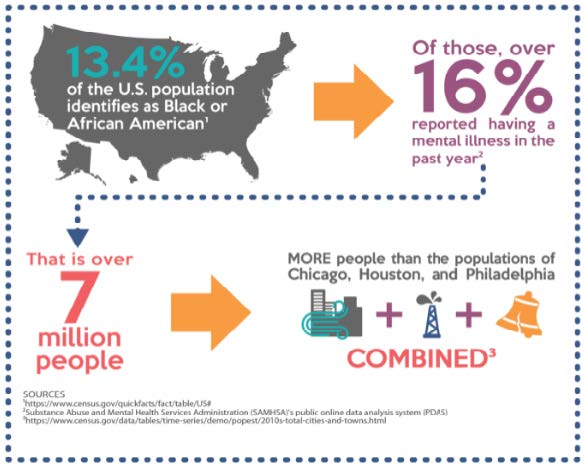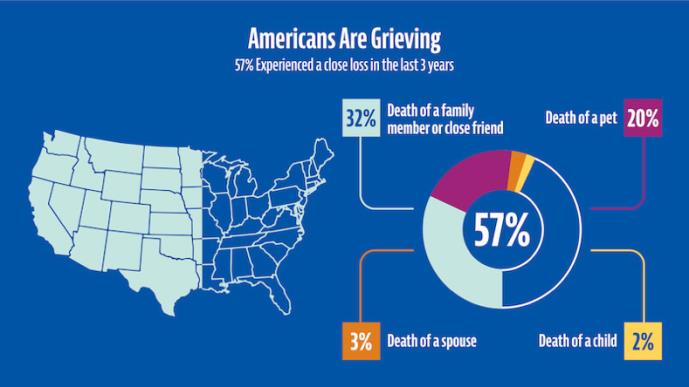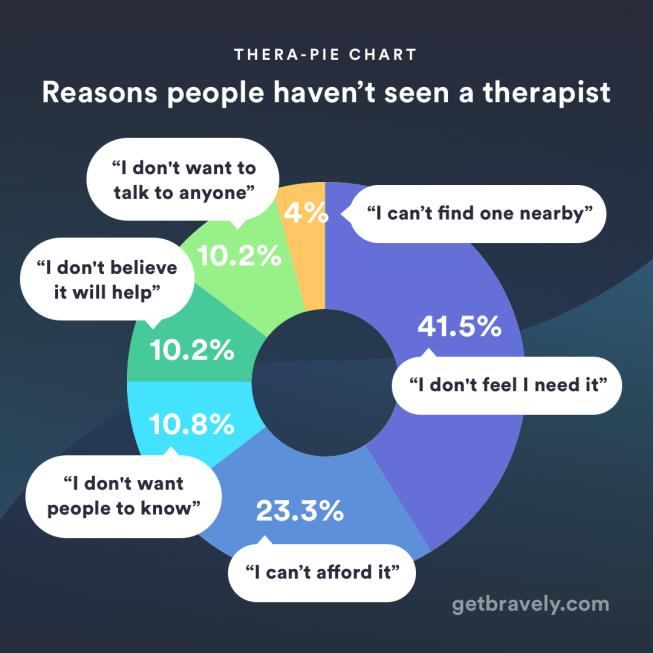Blogs
"A Woman’s Future Success Evolves from Her Past Challenges"
Traumatic events
Traumatic events include the unexpected or sudden loss of a loved one, physical abuse, psychological abuse, sexual abuse, domestic violence, witnessing violence against others, growing up or living in poverty, divorce, and accidents. Any traumatic event can result in severe stress and detrimental consequences for survivors and their families. Roughly one-half of all individuals will be exposed to at least one traumatic event in their lifetime. While most of these individuals will be able to overcome the trauma over time, many will experience long-lasting challenges. Women often lack a direct support system and are more susceptible to long-lasting challenges.
Did you know?
• More than 1 in 5 women in the United States experienced a mental health condition in the past year, such as depression or anxiety. Many mental health www.womenshealth.gov conditions, such as depression and bipolar disorder, affect more women than men or affect women in different ways from men.

Scan me for Donation
Mental Health
Overall, mental health conditions occur in Black and minority people at about the same or less frequency than in White Americans. However, the historical Black experience in America has and continues to be characterized by trauma and violence more often than for their White counterparts and impacts the emotional and mental health of both youth and adults.

Alarming Facts
- Black and minority people living below poverty are twice as likely to report serious psychological distress than those living over 2x the poverty level.
- Adult Blacks and minorities are more likely to have feelings of sadness, hopelessness, and worthlessness than adult whites.
- Blacks and minorities are less likely than white people to die from suicide at all ages. However, Black, and Hispanic teenagers are more likely to attempt suicide than White teenagers (9.8 percent v. 6.1 percent).
- Sixteen percent (4.8 million) of Black and minority people reported having a mental illness, and 22.4 percent of those (1.1 million people) reported a serious mental illness over the past year.
- Serious mental illness (SMI) rose among all ages of Black and minority people between 2008 and 2018.
Outstretched Arms Program
Grief Counseling, Support and Financial Assistance
Poverty is related to increased grief-related mental health problems, leading some to suggest that bereavement counseling should be tailored to income. However, information about the accessibility and effectiveness of such counseling programs serving low-income households is scarce. Grief left untreated can very often lead to detrimental mental health problems. Grief can be quite painful and is a normal reaction to a death.
Grieving and mourning are both essential to healing. Some common reactions to grief are denial, guilt, anger, numbness, difficulty concentrating, loss of appetite, and intense sadness. The array of intense emotions that a person may experience can bring on the feeling of just ‘going crazy’. The experience of grief is highly individual and personal. Talking with someone and finding a way to work through grief and pain can be a powerful tool[1]. Many people in America are dealing with grief from losing a loved one.


With so many Americans grieving, one would think that grief counseling and support services are easily accessible to everyone. Unfortunately, that is not the case. Grief and depression look very similar, yet they are very different. Grief can be treated and supported by a grief counselor. Unfortunately, it was found that over 23% of people who need counseling have not gone to a counselor due to their inability to afford counseling.

Funeral costs are on the upturn, which can be a huge source of stress for people dealing with the loss, specifically the unexpected and tragic loss of a loved one. If you are the next of kin of someone who dies in a tragic accident, such as a fatal car wreck, paying for their funeral and burial expenses is likely one of your priorities. Once you look at these costs, you might realize that they are more than you are prepared to cover. On average, a basic funeral costs $7,000 to
$9,000 for a burial. That cost decreases slightly from $6,000 to $7,000 for cremation. These costs do not include anything beyond the basic funeral, so there will be added expenses for the burial plot, headstone, and other similar items[2]. Many people are not ready or equipped to deal with the costs of tragic and sudden deaths. Organizations must be willing and able to help these families in need.

